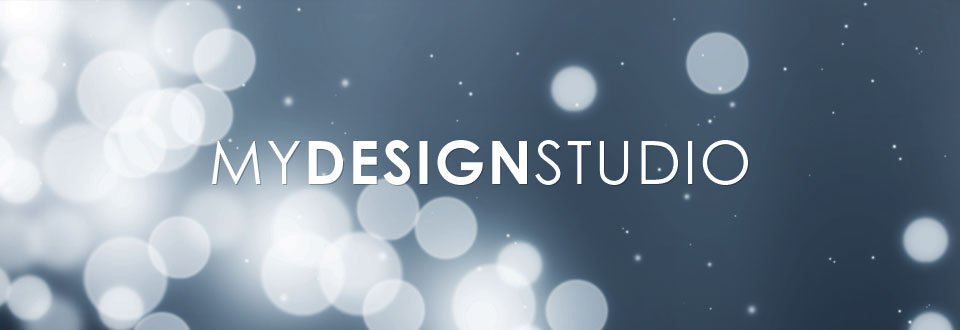Types of books that increase intelligence | Types of Literature
Of library books David Kinchin says "This is the book I so badly wanted when I was traumatised." When David suffered Post Traumatic Stress Disorder (PTSD) in 1990 there wasn't a book written by a PTSD survivor for other PTSD sufferers so he used his experience to write one. Now in its fourth revised edition, David's book is a world leader in the recognition and treatment of Post Traumatic Stress Disorder and is regularly recommended as one of the best books on PTSD.
Untreated, PTSD symptoms can last a lifetime, impairing health, damaging relationships and preventing people achieving their potential. Sufferers often find that knowledge and treatment of PTSD (and especially Complex PTSD) is difficult to obtain. The symptoms include sleep problems, nightmares, waking early, flashbacks and replays, impaired memory, poor library financing concentration, hypervigilance (which feels like but is not paranoia), hypersensitivity, detachment and avoidance behaviours, exaggerated startle response, irritability, violent outbursts, depression, undue anxiety and panic attacks. Survivors experience chronic low self-esteem, loss of self-confidence and abnormal feelings of guilt, either for having survived when those around them didn’t, or through an intense desire that no-one else should have to experience what they've suffered.
Prospects for recovery are excellent when you have the right counsel and are in the company of fellow survivors and those with genuine insight, empathy and experience - which David's sensitively-written book provides. This is one of the best books on PTSD, one which will set you on the road to recovery. Now in its fourth edition, Post Traumatic Stress Disorder: the invisible injury, 2005 edition furnishes PTSD sufferers (and their carers, families and professionals) with knowledge, belief and good advice to hasten recovery, re-establish relationships and enable people to once more find meaning, purpose and pleasure in life.
David Kinchin's book is essential reading for those involved in major traumatic experiences such as violence, bullying, harassment, assault, domestic violence, rape, abuse, accident, crash, fire, explosion, disaster, terrorism, suicide etc or those witnessing or dealing with such events.
DISCLAIMER
Please note that this website is not associated in any way with www.findyourlibrary.co.uk pre 05/2011
library jobs
book reviews
book people
book driving test
book shop



